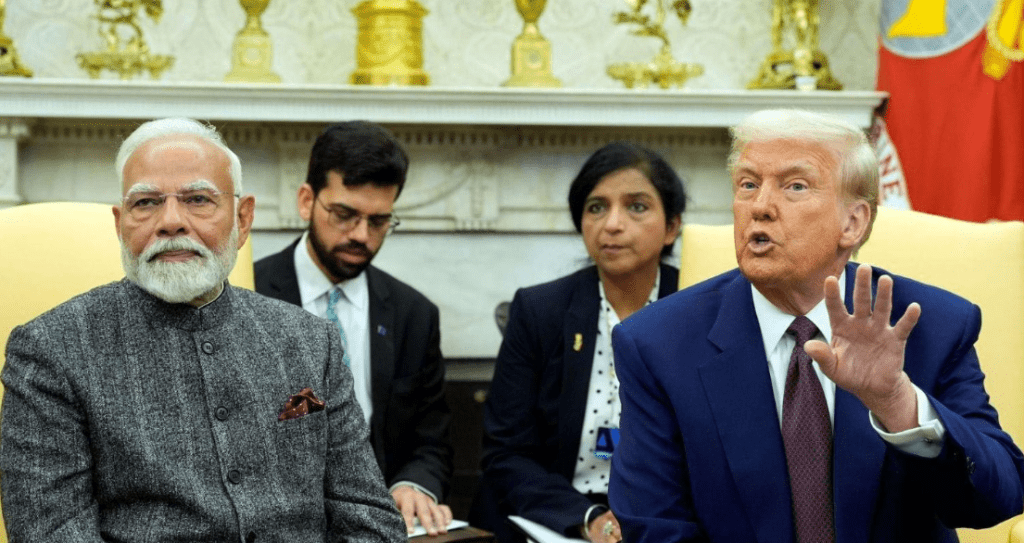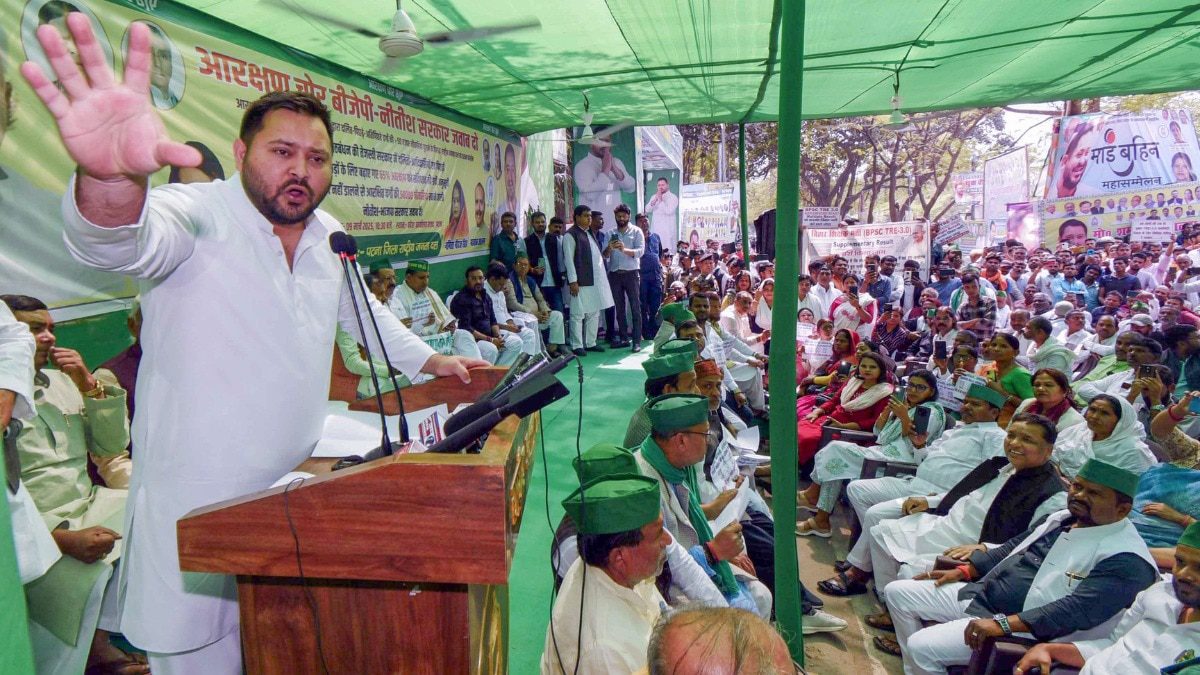
Union Minister Nitin Gadkari on Saturday urged India to boost its exports and strengthen its technology base to counter what he called global economic “dadagiri” (bullying), as tensions rise over US President Donald Trump’s steep tariffs on Indian goods.
Speaking at the Visvesvaraya National Institute of Technology in Nagpur, Gadkari stopped short of naming the United States but made his target clear. “Those indulging in ‘dadagiri’ do so because they are economically strong and have technology,” he said. “If our exports and economy grow, we won’t need to depend on anyone.”
The remarks come after Trump imposed an additional 25 percent duty on Indian goods on August 6, bringing total tariffs to 50 percent—the highest levied on any US trading partner. The move, set to take effect on August 27, is aimed at penalizing India for continuing to import Russian oil despite American sanctions.
Prime Minister Narendra Modi dismissed Trump’s description of India as a “dead economy,” pointing to its rapid rise from the world’s 10th-largest economy to the fifth in just a decade. “India is moving rapidly towards becoming one of the top three economies,” he declared at a Bengaluru metro inauguration on Sunday.
Defence Minister Rajnath Singh also took a veiled swipe, saying, “Some people think they are everyone’s boss,” and accused critics of trying to make Indian-made goods more expensive abroad. “No power in the world can now stop India from becoming a major global power,” he added.
Economists warn the tariffs could hit India’s $434 billion export sector hard, with $87 billion in US-bound shipments at risk—equivalent to 2.5 percent of GDP. Engineering exports alone could fall by $4–5 billion, potentially shaving up to half a percentage point off growth.
Some refiners have reportedly paused spot purchases of Russian crude, though New Delhi maintains it will act in the best interest of its 1.4 billion citizens. The government has condemned the US measures as “unfair, unjustified, and unreasonable.”
With the August 27 deadline approaching, the standoff marks one of the sharpest trade and diplomatic rifts between the two nations in decades—forcing India to weigh the balance between strategic autonomy and vital economic ties with its largest export market.



